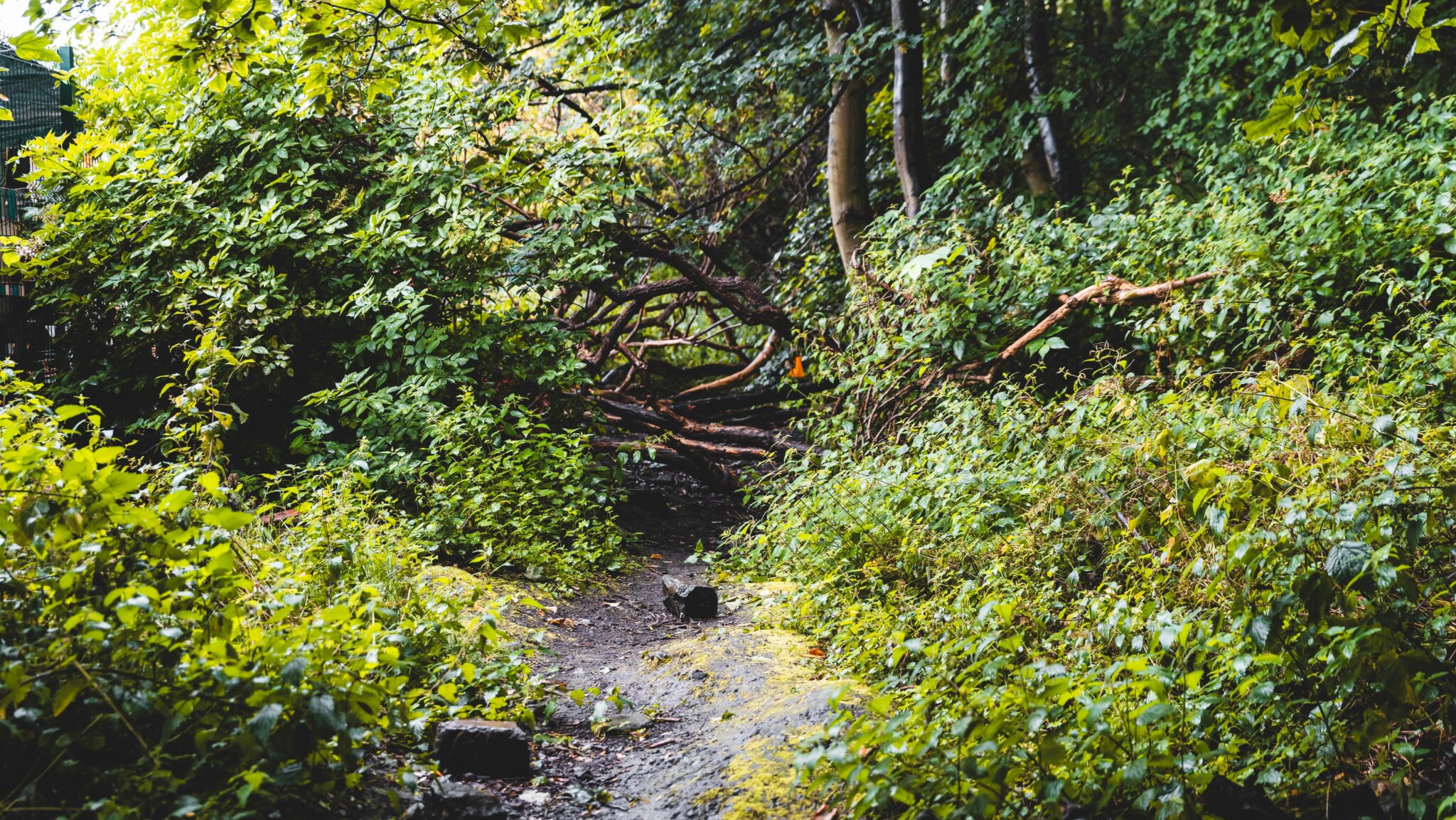Willow Den’s Commitment to Children’s Human Rights
We are delighted to see children’s human rights now recognised in law here in Scotland.
The United Nations Convention on the Rights of the Child (UNCRC) includes lots of rights and is the global ‘gold standard’ setting our fundamental rights for all children. The rights agree that all children should have access to healthcare, education, leisure and play. Children also have the right to be treated fairly, reach their full potential & have their voices heard.
Willow Den Scotland wholeheartedly supports the UNCRC. We want Willow Den to be a place where children feel empowered, safe and confident to speak up about their needs. Free play is a natural part of children’s daily experience at Willow Den. Free play in its simplest form can be described as a child-initiated play, it gives children the freedom to choose what they play with, as well as how and when they do so. There are many benefits to free play, not least:
- It offers up the opportunity for children to discover their own interests and what they are good at.
- It develops children’s decision-making skills and independence.
- It allows children the chance to express themselves and to be creative.
- It offers up the chance for children to use their imagination and learn how to entertain themselves.
- Most importantly it allows children to let loose and have some fun!
Children are ACTIVE CONTRIBUTORS what they eat helping to contribute to the menu with their parents at their Willow Den setting. We hope to create a learning setting in which children feel happy, content and confident to express themselves and their needs. Everyone has the right to be heard at Willow Den!
How United Nations goals align with outdoor learning
New initiatives are being developed by the United Nations not only to end poverty, fight inequality but also to understand the importance of outdoor education. The UN Convention on the Rights of the Child treaty incorporates current thinking in regards to children’s rights, but also requests that the world think more deeply about children’s position as citizens and more broadly about their development. It encourages us to look holistically at children’s lives and hear their own perspectives on some of the problems or issues affecting them.
As a result, it is leading many nations to address elements of children’s lives that have previously been ignored but that represent our fundamental human rights. One of these – at the heart of children’s lives everywhere – is the right to play.
Article 31 states
“That every child has the right to rest and leisure, to engage in play and recreational activities appropriate to the age of the child and to participate freely in cultural life and the arts.
That member governments shall respect and promote the right of the child to participate fully in cultural and artistic life and shall encourage the provision of appropriate and equal opportunities for cultural, artistic, recreational and leisure activity.”
United nations Article 31
It has been documented that outdoor play can create changes in the way children learn and also create an appreciation for their own environment. The Scottish Government have created a summary of learning for sustainability resources to support this which includes outdoor learning. This contains information and guidance on health and safety while playing and learning outdoors.
The Forest Kindergarten Approach on learning outdoors with confidence supports and improves children’s experiences on outdoor physical activities. There is also a resource on the Playtime Revolution that explores how outdoor play can support children’s learning and development and the sharing of the practical benefits of play.
An important goal that the United Nations have identified is the health and well-being of children. It aims to promote this through opportunities to play and be educated in a more natural environment that provides fresh air and space and the freedom to run about. It also aims to promote the holistic development of the child’s social, emotional and physical needs in order to build a solid and broad foundation for lifelong learning and well-being.


